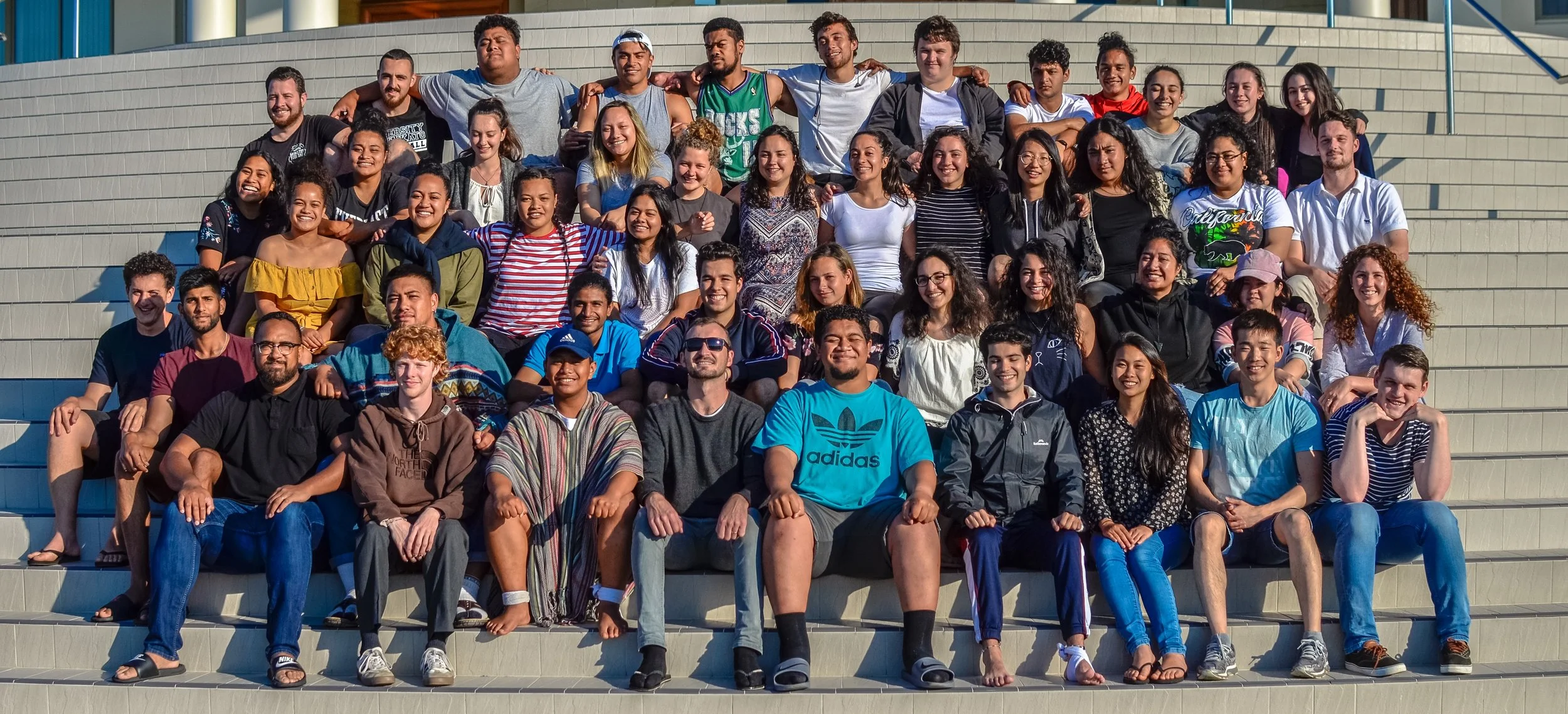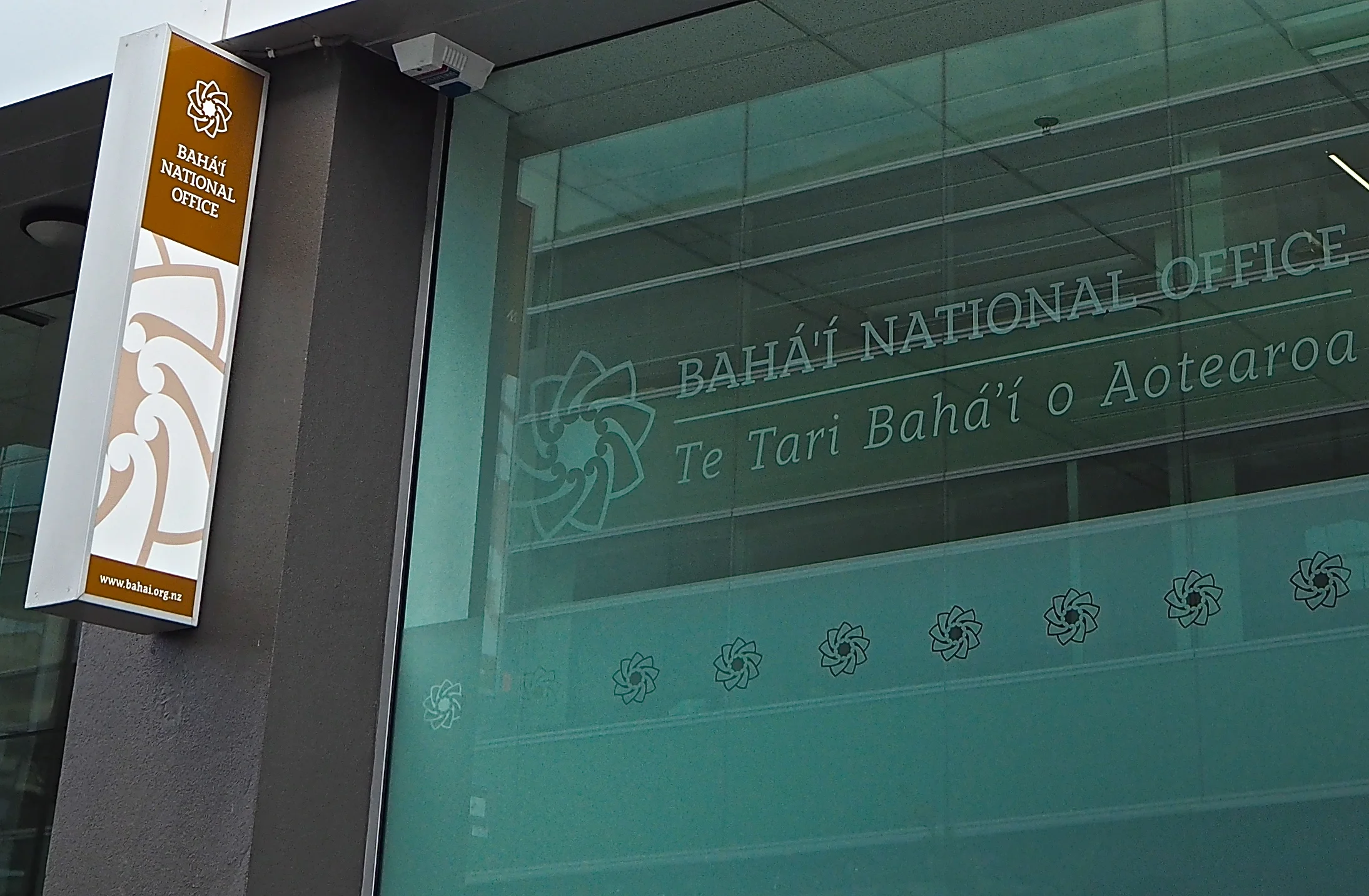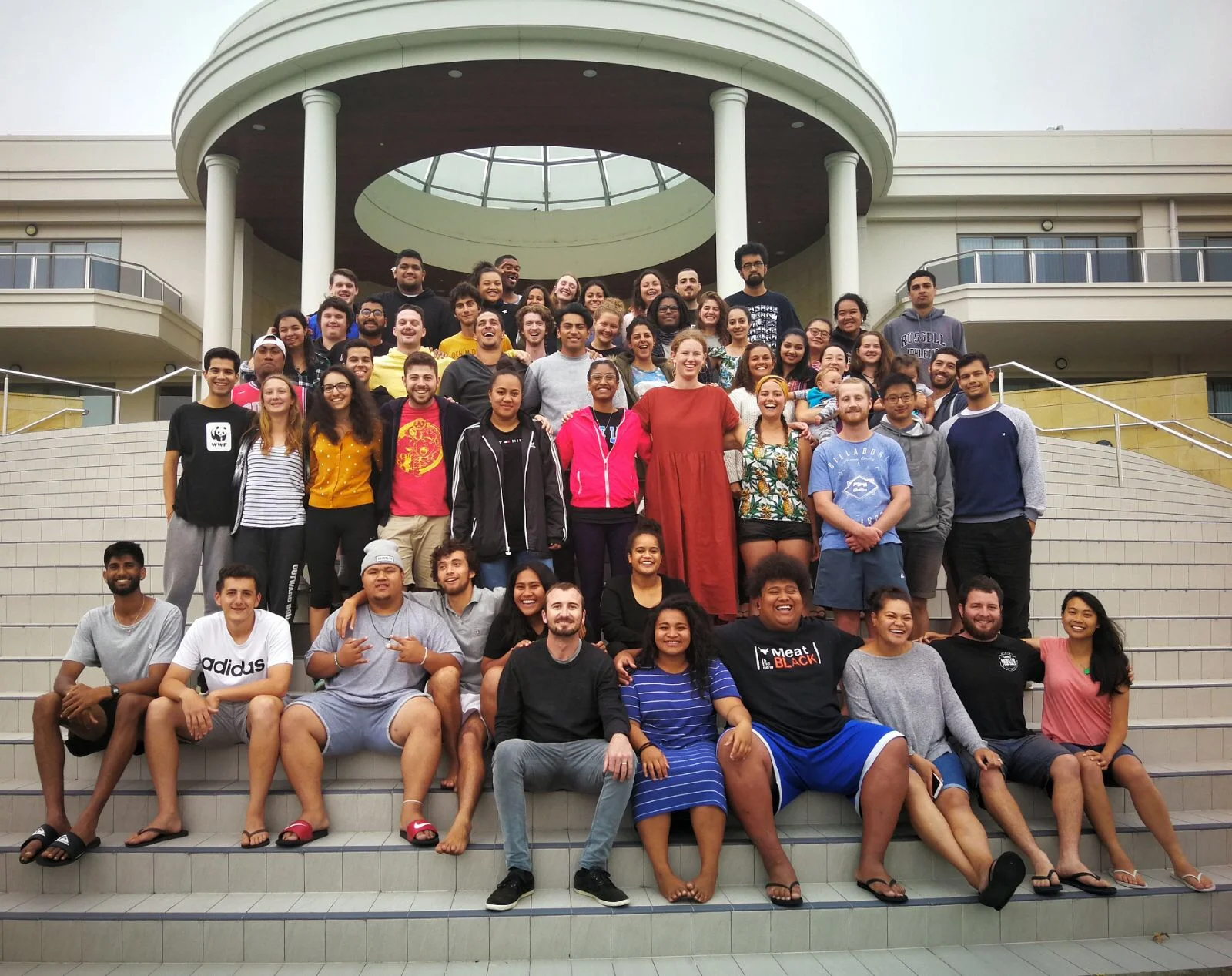Institute for Studies in Global Prosperity (ISGP) - 2018 seminars
The Institute for Studies in Global Prosperity (ISGP) was created in 1999 under the mandate of the Universal House of Justice as an educational and research organisation. At the heart of the Institute’s work is an exploration of how science and religion, conceived of as two complementary systems of knowledge and practice, can be drawn on to achieve positive and enduring change for the betterment of the world. The seminars for university students were established to assist a growing number of young Bahá’ís to contribute to prevalent discourses of society in light of a framework that draws from both science and religion. The seminars provide a space in which young adults can come together, study materials, reflect, and consult on the conceptual framework that informs the way they think about important aspects of their own lives and the life of society and that guides the action they take to contribute to the betterment of the world.
The 2018 seminars—held from 8 to 18 December at the Waihi Academy, Waihi—was the seventh time the seminars have been offered in New Zealand. A group of 42 young people from around the country came together, and all four years of the programme were offered for the third year in a row. Participants studied and discussed materials that address concepts that are fundamental to the advancement of civilisation. They explored the efforts being made by the Bahá’í community to contribute to the progress of society in the three broad areas of expansion and consolidation, social action, and contributing to the discourses of society. They also reflected on the unique challenges and opportunities they encounter at university and on the coherence that is to characterise the life of Bahá’í youth. This year, the facilitators tried to focus in particular on how they are assisting the participants to connect what they are studying during the seminars to their experiences at university, including to the content of their courses and the conversations they are having with their fellow university students.
In addition to studying a set of materials, the seminars are also an occasion where participants are encouraged to strive for new heights of spiritual excellence and create an uplifting and disciplined environment that is conducive to their collective learning. This year saw a definite advance in the culture of the seminar, with the older participants lovingly accompanying the newer ones to reflect on how the principles and standards of the Faith could be expressed in their thoughts and behaviours during the seminar.
Over the coming year, the team of individuals supporting the work of the seminars plans to focus on a number of areas in preparation for the next seminar:
Working more closely with the institutions of the Faith to raise understanding of the aims and nature of the seminars, so that more youth can be encouraged to participate and can be accompanied after the seminars, as they often leave with a greater desire to live a coherent life while they are attending university, and dedicate themselves to service to the Faith
Assisting participants to make plans to attend the seminars from early in the year and think about their financial arrangements and how they can fund-raise or save for the seminars well in advance or, in cases where the costs are too high, approach their local institutions in advance - all this so that finances are not a barrier to their participation in the seminars
Supporting larger numbers of young Bahá’ís who are attending university in the South Island to participate in the seminars
Encourage a larger proportion of participants to continue through all four years of the seminars






